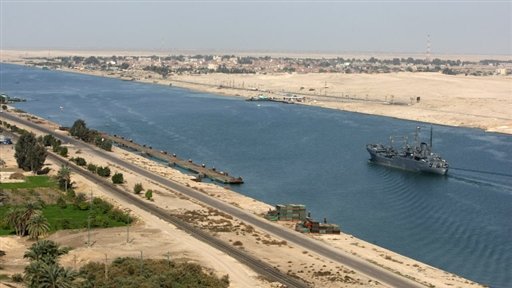BONN, Germany: UN climate talks in Bonn were rocked by angry outbursts on Friday after Saudi Arabia’s conference nameplate was vandalized and its national flag was said to have been abused.
The plastic nameplate was broken in two and thrown into a toilet and a photo of it then posted on the Internet, two delegates told AFP.
Lebanon’s delegate told a plenary session that the Saudi flag had also been mishandled, but she did gave no details.
The incident came a day after Saudi Arabia blocked vulnerable island states which clamored for a study into the impacts of global warming.
Country after country stepped up to condemn what they called an assault on tolerance and on a fellow member of the UN Framework Convention on Climate Change (UNFCCC).
Muslim nations in particular noted that the flag carried in Arabic the Islamic declaration of faith.
These are "religiously significant words," the representative for Kuwait said. "These are values that are common to all Islamic states," said Jordan.
Mexico, which is presiding over the UN climate talks this year, promised it would thoroughly investigate the incident.
The finger of blame in relation to the nameplate pointed in the direction of climate activists who had condemned Thursday’s move by Riyadh.
There was no information, though, about the alleged abuse of the flag.
Climate Action Network (CAN), a coalition of green activists, said it too condemned the vandalism.
"Emotions are running high… these emotions appear to have led to an incident," it said.
The incident touched on the presence of non-country "civil society" delegates who are also allowed to attend meetings of the 194-nation UNFCCC.
"Civil society" includes a broad range of interests, from radical environmentalists to promoters of clean energy technology and groups that campaign on ethnic and gender issues.
Chinese representative Su Wei drew a parallel with the incident in Bonn and the leaking to the press of closed-doors discussions that took place at the ill-starred Copenhagen climate summit last December.
"The secretariat should also investigate this incident," said Su. "These incidents are of the same serious nature."
The 12-day UNFCCC talks, the latest staging post in the journey towards a hoped-for post-2012 climate treaty, took place in the Hotel Maritim, in the former West German capital of Bonn.
The venue for climate talks is officially United Nations territory for the duration of the meeting and placed under tight security.
Demonstrations outside the arena occur frequently, and are usually colorful or rowdy, but never violent. Protests and incidents on the venue itself are very rare.
Saudi Arabia on Thursday thwarted a call for a study into the impact of 1.5 degrees Celsius (2.7 degrees Fahrenheit) of global warming, which could include a rise in sea levels, delegates said.
The appeal came from the Association of Small Island States (AOSIS), gathering low-lying islands in the Caribbean, Indian Ocean and the Pacific, which is lobbying hard for the UNFCCC not to abandon the 1.5 C target.
The goal is receding as emissions of greenhouse gases rise and political problems for tackling climate change multiply.
Saudi Arabia, with support from Kuwait and Qatar, blocked the AOSIS call under the UN’s consensus rule, sources said.
Saudi Arabia and other major oil producers argue that ratcheting up action on carbon emissions will hurt their revenues as fossil-fuel consumers switch to cleaner energy.
The spat soured the mood in Bonn, with one source saying the atmosphere in the meeting Thursday was was "very bad".
Wendel Trio of Greenpeace accused Saudi Arabia of "criminal disregard for the human impacts of climate change."



